ABOUT DAIWA ACADEMY
ABOUT US
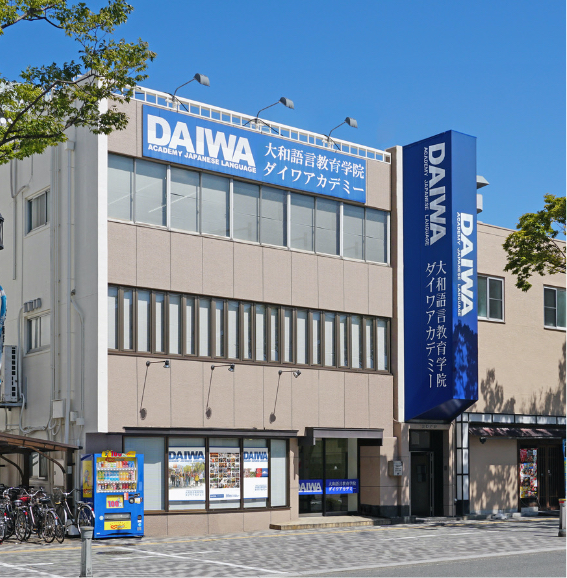
DAIWA ACADEMY HISTORY
History
Daiwa Academy Co., Ltd., the founding body of Daiwa Academy, was founded in 1944.
We have mainly dealt with various packaging materials for building materials.
After nearly half a century of long-term management efforts, we moved to the real estate leasing business in 1992.
Currently, we are operating a group and own 3 commercial tenant buildings and 1 multi-storey car park.
In October 2006, we established the Daiwa Academy as a Japanese language school in order to respond to the changes in modern society, which is rapidly becoming internationalized.
We have set up "Graduate School Advancement Course", "University Transfer Course", "University Advancement Course", and "Business Course (Job Design Course)" with the aim of developing human resources who can play an active role in the international community.
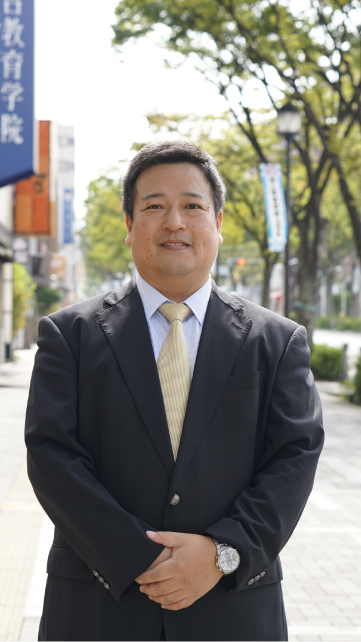
理事長兼学校長 吉 村 岳 也
( Yoshimura Takeya )
SCHOOL PRINCIPAL
Greetings from the president and school director

- 1. High enrollment rate
- 2. High employment rate
- 3. High visa acquisition rate
Achieved"Three highs" of "High enrollment rate", "High employment rate" and "High visa acquisition rate" since its establishment
Currently, interest in Japan is increasing in various fields around the world. In an internationalized society, in order to interact with people from different cultures and collaborate in business, it is necessary to understand the culture and customs behind it, and at the same time to acquire etiquette and manners. I have. Therefore, at our school, we are not only teaching in the classroom, but also focusing on interaction with local people, aiming to develop human resources with a broader perspective and practical ability.
Since its establishment, our school has achieved "high entrance rate", "high employment rate", "high visa acquisition rate", "three highs". We will continue to think about school management that makes our graduates proud. I hope that you will be active as international human resources.
To students
学生の皆さんへ
"Don't forget your initial dream"
What made you interested in Japan and the Japanese language?
It may be a song, a manga, a game, etc., but please cherish that feeling anyway. Living in a foreign country is not easy, but when there are difficulties, remember yourself when you first became interested in Japan.
Our staff will act as your guardians in Japan and support your study abroad life.
Let's learn practical Japanese through interaction with Japanese people.
REPORTS
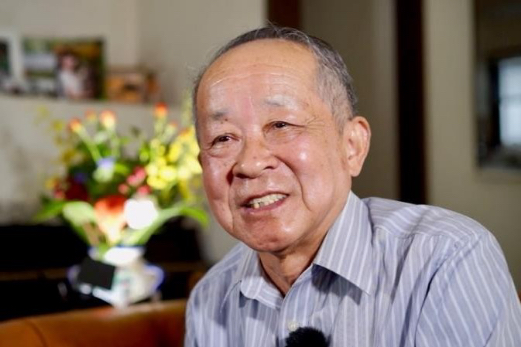
Deputy Principal SU DECHANG
Former Fudan University professor, master's course supervisor
Professor Emeritus, Nara University
Received the Japan Foreign Minister's Award
(My father is a Chinese mathematician Su Buqing)
DEPUTY PRINCIPAL GREETING
Greetings from the Vice-Principal

As you can see from the name, Daiwa Academy is a school that teaches Japanese. At school, we teach not only Japanese as knowledge of grammar, vocabulary, phonology, etc. in textbooks. We also teach practical Japanese that Japanese people actually use. We place particular emphasis on education on what kind of language, repeated, what kind of environment, what kind of purpose, what kind of effect, and what kind of nuance should be used to convey and express oneseft. Students are instructed to imitate facial expressions, gestures, movements, etc. when Japanese people speak, so that they can express genuine Japanese language. Even if you use one word, you have to pay attention to the meaning and nuance. Even if you use one sentence, you have to pay attention to intonation, slowness, rhythm and emotions. These are not easy to do at universities in China.
The school is also a guidance center for you to go on to higher education and get a job. We introduce graduate schools of various difficulty levels, such as national and private universities in Japan, depending on your actual level and wishes. From both class and tutoring, we also support the determination of research directions and specific research themes, the creation of research plans and the entry of reasons for aspiration, the search and browsing of documentary materials, and the preparation for exams such as written exams and interviews. For this reason, school teachers are actually your life planners.
The school is also your home abroad. Young people fulfill their desire to study abroad and come to Japan with an overflowing passion. That said, if you move far away from your hometown and your parents and come to a strange land, you will feel lonely. School faculty and staff will treat you like your, relieve your anxiety and help you get used to life in Japan as soon as possible. School teachers can be said to be your relatives.
I myself have been engaged in university education at home and abroad for a lifetime, and have always been in contact with everyone who came to study with the feeling and attitude of my grandfather. We sincerely look forward to your enrollment.
INTRODUCTION OF ADVISOR / SPECIAL LECTURER
Introduction of Advisors and Special Lecturers
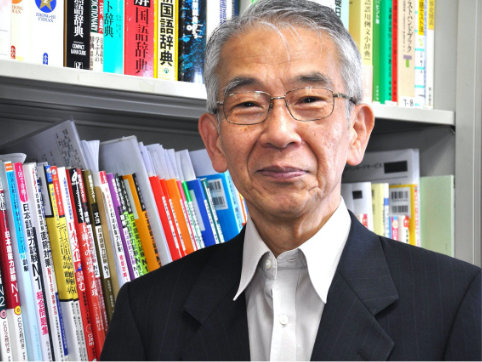
1. Adviser Masaharu Mimura (Mimura Shoji)
In charge of " the newspaper reading comprehension class".
He has been involved in international affairs, especially Chinese economic research and business expansion into China, for 30 years at banks and think tanks, and was then invited to a university to give lectures on Chinese economy, where he served as a professor, dean, and president for 10 years.
Since 2013, he has been enthusiastically instructing students at Daiwa Academy to acquire a wide range of knowledge about improving Japanese reading comprehension, international relations, economics knowledge, Japanese culture, and manners in Japanese society based on newspaper reading comprehension.
Subject: Newspaper reading comprehension
Hobbies: Martial Arts-Sumo, Judo (Kodokan 5th dan), Calligraphy 2nd dan, Haiku, Eating and drinking / gourmet, Mahjong
Birthplace: Born in Tokyo (He lived in Hong Kong, Shanghai, Shenzhen, and Guangzhou for a total of 13 years when he was a banker.)
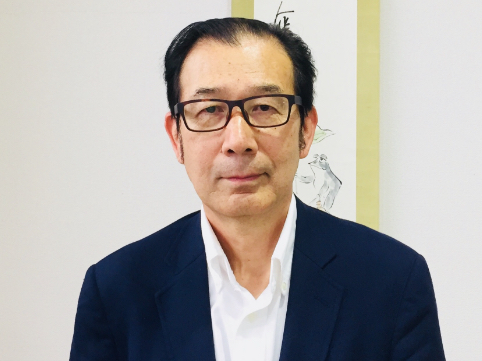
Special lecturer Eiji Hamada (Hamada Eiji)
In charge of " the newspaper reading comprehension class".
He has been involved in international affairs, especially Chinese economic research and business expansion into China, for 30 years at banks and think tanks, and was then invited to a university to give lectures on Chinese economy,
where he served as a professor, dean, and president for 10 years.
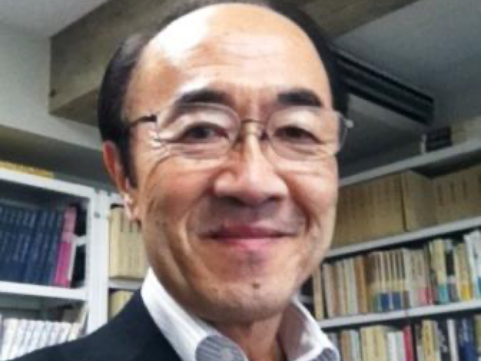
Special lecturer Hiroshi Hosoya
Literary critic Professor Emeritus of Nanzan University
Major: Japanese Modern and Contemporary Literature, Comparative Literature Main books:
"The Discovery of the Ordinary: Soseki, Tanizaki, Dazai" Meiji Shoin February 1996 (Single)
--Received the "Yamanashi Literature Award (Research and Criticism Category)" on March 25, 1997
"Osamu Dazai" Iwanami Shoten (Iwanami Shinsho) May 1998 (single work)
"Hideo Kobayashi's theory from <loneliness> to <selflessness> & Ofu February 2002 (single work)
"Hideo Kobayashi: People and Literature" (100 Japanese writers) Bensey Publishing, March 2005 (single author)
"Given and Freedom: Reading Masterpieces of Modern and Contemporary Literature" Bensey Publishing, January 2013 (single work)
Many other co-authored work.
Courses in charge: Guidance on "literary culture" and research plans for graduate school
SCHOOL INFORMATION / ACCESS MAP
School Information
School Information
| School name | DAIWA ACADEMY |
|---|---|
| Address | 〒590-0947 Osaka Fu, Sakai-shi, Sakai-ku, Kumanochonishi, 3-2-6 |
| Tel | 072-224-3554 |
| Telephone reception hours | 9:00~17:45 (Japan time) |
| Class hours | 9:00~17:20 |
| Closed days | Saturdays, Sundays, and holidays |
| info@daiwa-ac.jp |
Access Information
3 minutes walk from "Sakai" station on the Nankai line.
20 minutes walk from "Sakaihigashi" station on the Nankai-Koya line.
Immediately after getting off at the Nankai Bus "Ichi Elementary School" bus stop from Sakaihigashi Station
[Access to our academy is very convenient]
The nearest station from our school, Sakai Station on the Nankai Main Line, is a 3-minute walk. It takes about 40 minutes by train from "Sakai Station" to Kansai Airport, and about 15 minutes to Namba. You can reach popular tourist destinations such as Kyoto, Nara, Kobe, and Mt. Koya in about 1 to 2 hours by train.

